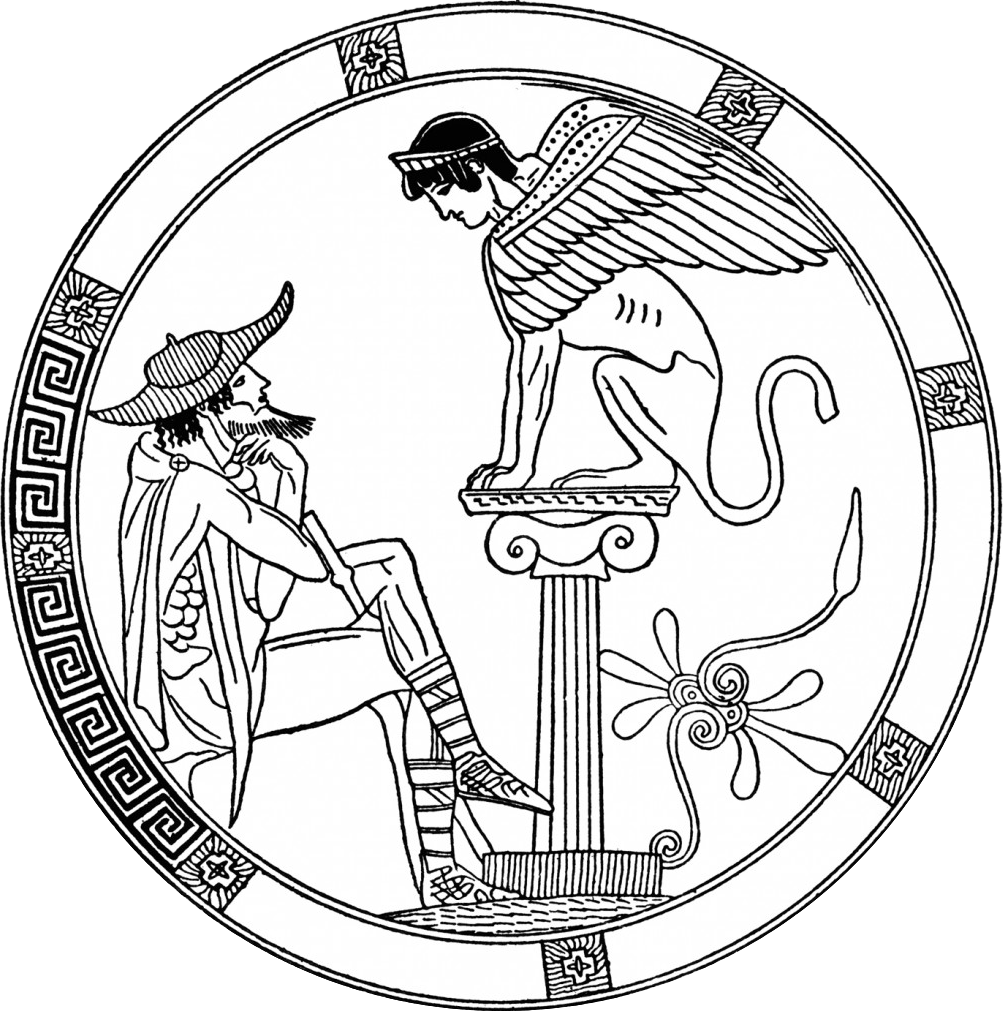
Psychotherapy
As a psychoanalytically trained therapist, I subscribe to the Socratic belief that an unexamined life is not worth living. I invite clients to be curious about their unconscious minds and how early experiences impact the way they understand themselves and others. I have personally found that such insight has the potential to fundamentally change the way we understand ourselves, freeing us up to live a more genuine and less conflicted life. However, experience has also taught me that no person is fully self-aware and most of us can benefit from working with a trusted therapist.
I strive to create a safe, warm, and reflective environment in which my clients can explore their thoughts and feelings without judgment. I take an active and collaborative approach to therapy and, with my clients’ help, seek to create an optimal balance between safety and guidance and challenge and directness.
Over the years, researchers have consistently found that there is little difference in outcome between various psychotherapeutic modalities. Instead, they have tended to focus on those “common factors,” such as quality of the therapeutic relationship, to measure treatment outcomes. In the end, it is the strength of the therapeutic relationship, coupled with a patient’s motivation to change, that ultimately leads to lasting therapeutic change.
